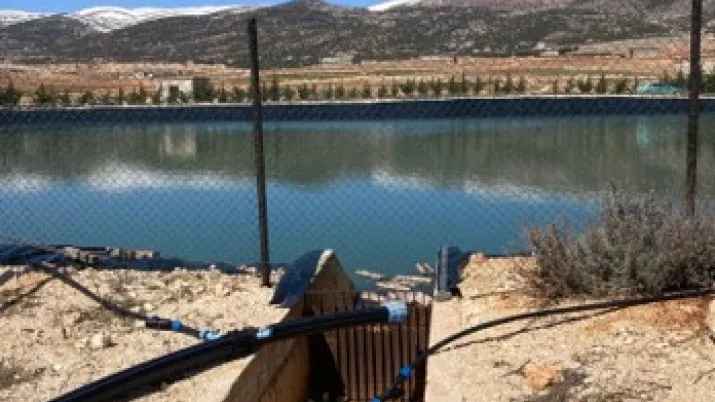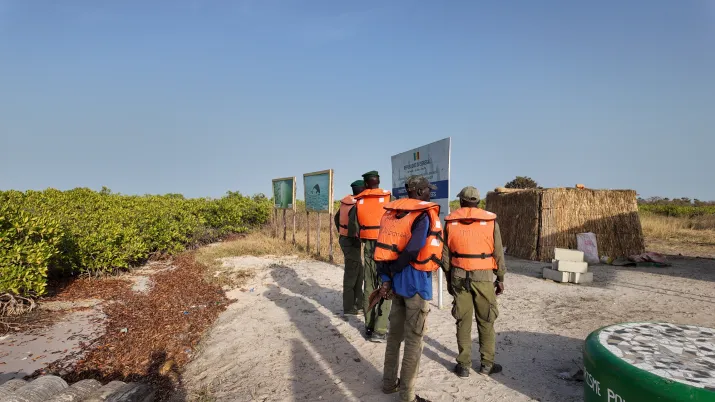Share the page
Assessing for accountability and progress

Evaluations are central to FFEM's mandate to strengthen accountability, inform decisions and guide action.
The diversity of assessment methods
As part of a continuous learning process, project evaluations provide an opportunity to take a step back and engage in dialogue in order to generate knowledge, draw lessons, improve quality and increase the impact of funded actions. They can be carried out at different stages of a project's life cycle: ex-ante evaluations to determine the baseline at the start of the action, mid-term evaluations to refocus the action, longitudinal evaluations that track the effects of a project throughout its life cycle, and ex-post evaluations to share results and improve future projects.
75% of completed projects have been evaluated over the last 20 years(*)
(*) These valuations were carried out by independent external experts.
Beyond standard assessment criteria
The FFEM strives to evaluate the projects it funds as systematically as possible. Project evaluations are entrusted to independent experts and are carried out based on public policy evaluation criteria and those developed by the OECD Development Assistance Committee: relevance, effectiveness, efficiency, impact, and sustainability.
However, these criteria are not always sufficient to fully reflect the complex realities on the ground and the innovative approaches supported by the FFEM. Additional criteria are also considered:
- In what ways can the project be considered exemplary in environmental terms? How does FFEM funding contribute to this exemplarity (additionality and added value)?
- Has the project effectively implemented actions to promote its visibility and facilitate the dissemination of its results and key learnings?
- What measures have been put in place to encourage collective learning and the capitalisation of project experiences?
- To what extent have the project partners and the FFEM demonstrated responsiveness and adaptability to changes and unforeseen events during the project?
To find out more

An example of FFEM's evaluation practice: evaluation of Small Initiatives programmes
For nearly 20 years, the Small Initiatives Programmes (PPI) have been supporting African civil society in nature conservation and local socio-economic development. Thanks to grants averaging 30,000 euros and close local support, the PPIs help to strengthen the capacities of grassroots actors, increase their legitimacy in public debate, and encourage them to innovate in favour of environmental and socio-economic development. Launched in 2006 in West and Central Africa, the PPI programme was joined in 2014 by its North African counterpart, the PPI OSCAN.
In 2021, the joint evaluation of both programmes highlighted the crucial role African civil society plays in environmental protection, by sharing and putting into perspective the situations and experiences of the two programmes.










